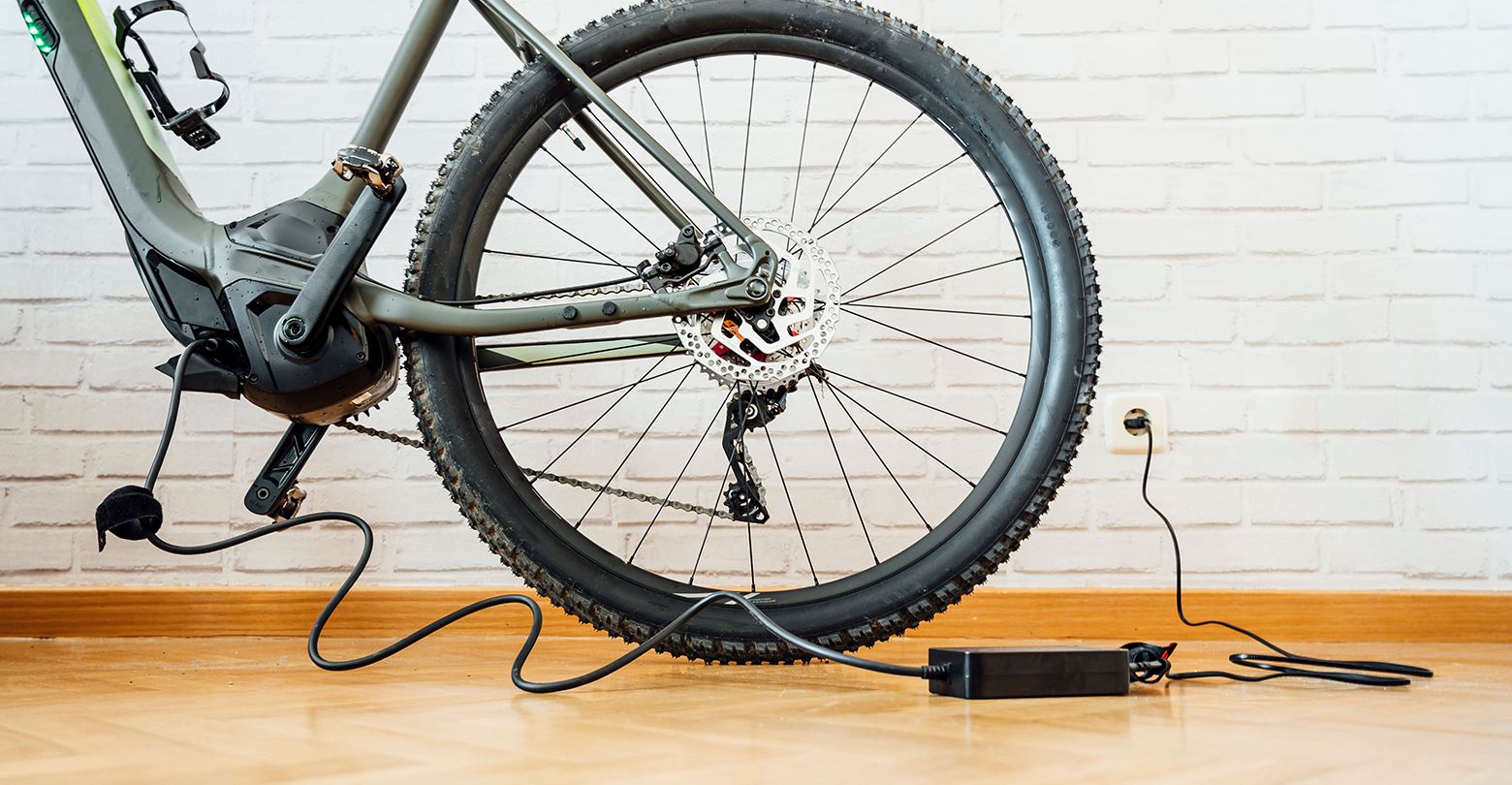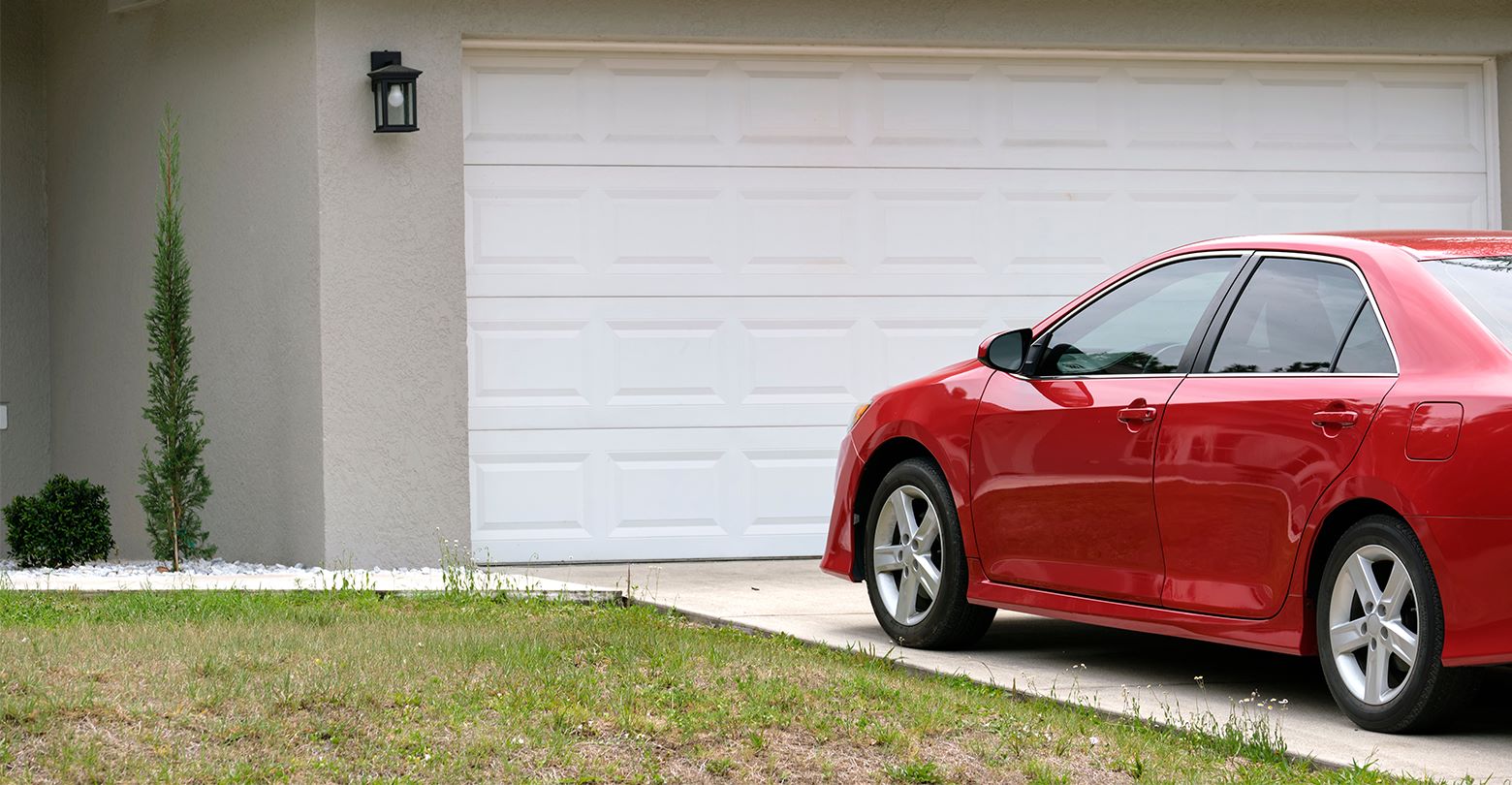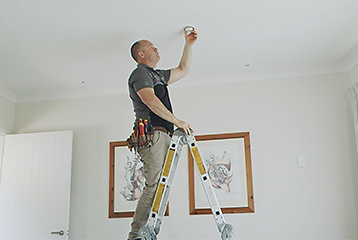You may not know what they are, or even seen one before, but faulty braided water pipes are one of the most common causes of water damage when the source of water originates from inside the home. Annually, we pay over $20 million in water damage claims, with approximately 30% relating to burst or failed water pipes*.
A braided water pipe, also known as a flexi hose or flexible braided hose, is an inexpensive and versatile rubber pipe that is reinforced with layers of stainless steel. This type of plumbing has been used since the late 1980s and is commonly found in kitchens and bathrooms, and laundries.
Braided water pipes have a limited lifespan and typically only last 8-10 years. They tend to be in confined spaces, such as under the kitchen or bathroom sinks where they are at risk of becoming kinked and even start to unravel or rust. Incorrect installation can also speed up degradation, so it’s important to get them checked and maintained regularly.
A burst pipe can release a huge amount of water in a short period of time. It’s not only an inconvenience but can be very costly to repair. The best-case scenario would be that someone is home when it happens so the water can be turned off at the mains to reduce the amount of damage caused, but the best-case scenario doesn’t always happen. If no one is home when the pipe bursts, then you could be looking at a much bigger repair job. For example, a leak in a second-floor bathroom could end up spreading through multiple floors and damaging everything in its path from floors, walls, ceilings, artwork, furniture, and appliances.
Most house insurance policies will cover you for sudden and accidental damage and may have limited cover for hidden gradual damage, but it’s best to check directly with your insurer. AMI Home Plus covers policy holders for sudden and accidental cleaning up of the water and any resulting damage if a water pipe burst. Cover usually won’t apply to the pipe itself as its failure is related to general wear and tear due to its age or incorrect installation.
Even though insurance may cover you in these situations, a burst pipe still isn’t good news as you’ll need to pay any applicable policy excess and in some cases the damage can leave the house unliveable until repairs are complete. Therefore, prevention is important.
Check your insurance policy or talk to your insurer to ensure you understand any special terms or conditions that apply if you leave the water on while someone isn’t staying in your home. This is especially important if the home is a holiday home or is being left vacant for extended periods of time.
* Based on January to October 2022 claims data for water damage claims.
This article is intended to provide general information only, and should not be substituted for any legal, financial, or other professional advice. The information in this article is generally sourced from third-party websites and IAG New Zealand Limited does not guarantee or accept any liability for the accuracy of that information. Any references to third party websites in this article are not intended to constitute a recommendation or any endorsement by IAG New Zealand Limited.


